Double Up Food Bucks Alabama is enhancing communities by making...
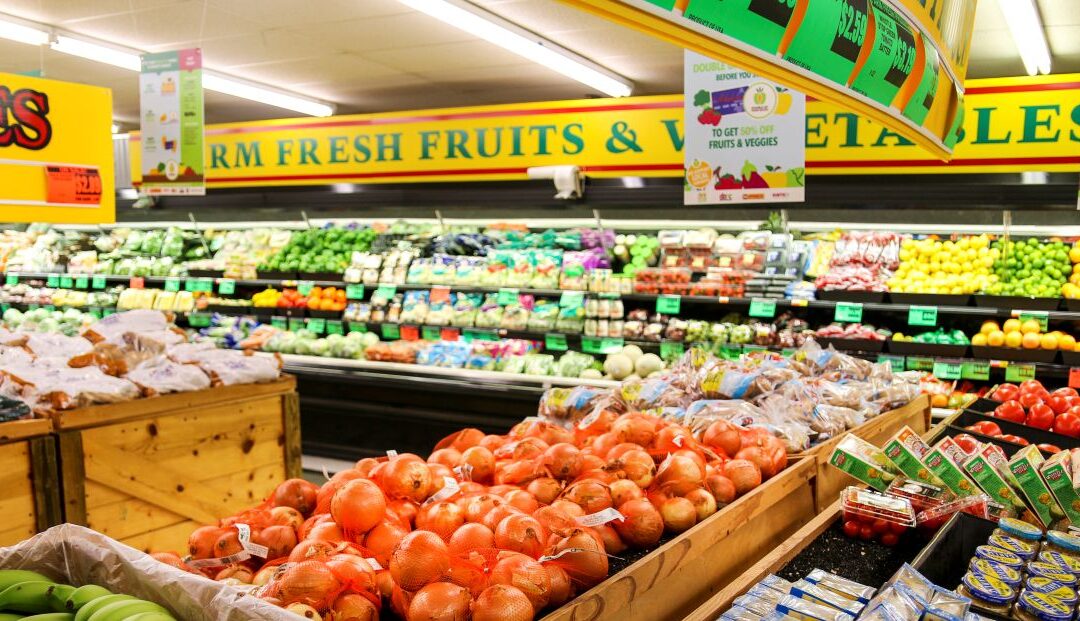

Double Up Food Bucks Alabama is enhancing communities by making...
As spring planting shifts into high gear in farmers’ fields throughout the Southeast, few agricultural operations come close to matching the diversity of crops and locations as the outlying units of the Alabama Agricultural Experiment Station at Auburn University....
William Batchelor has been tapped as the new director of the Auburn University Water Resources Center, effective immediately. As director, he will lead a team of scientists working with communities, farmers, governments and agencies across Alabama to improve water...
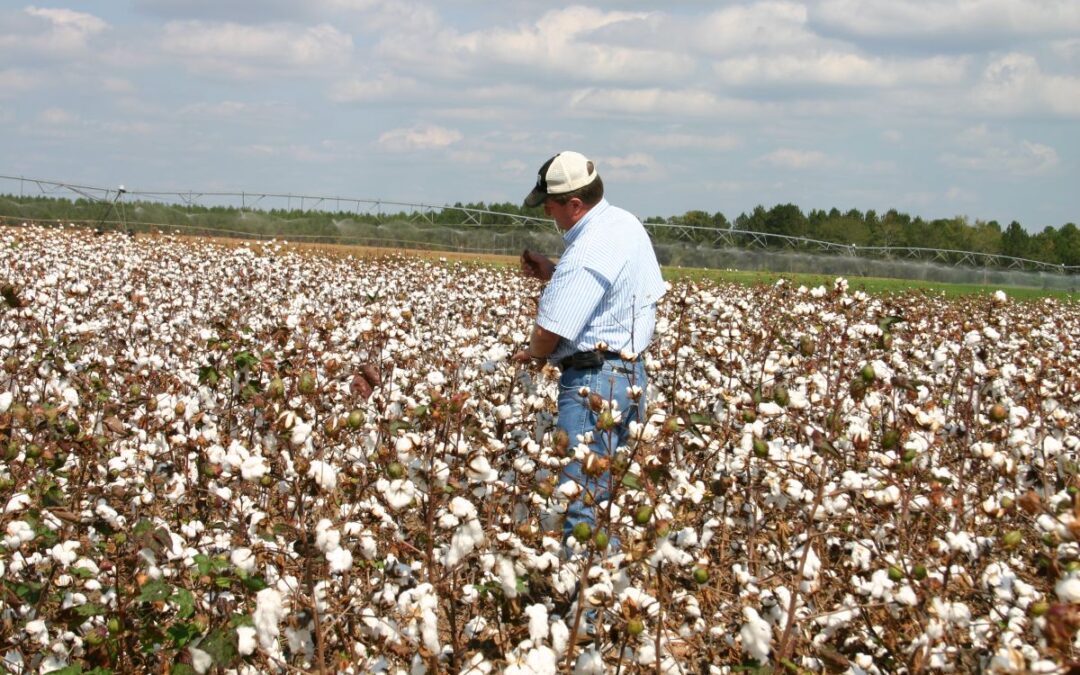
Cotton is undoubtedly one of the most recognizable plants in the world, with its heart-shaped leaves and branches that explode into powder-white fruit. But it’s also...
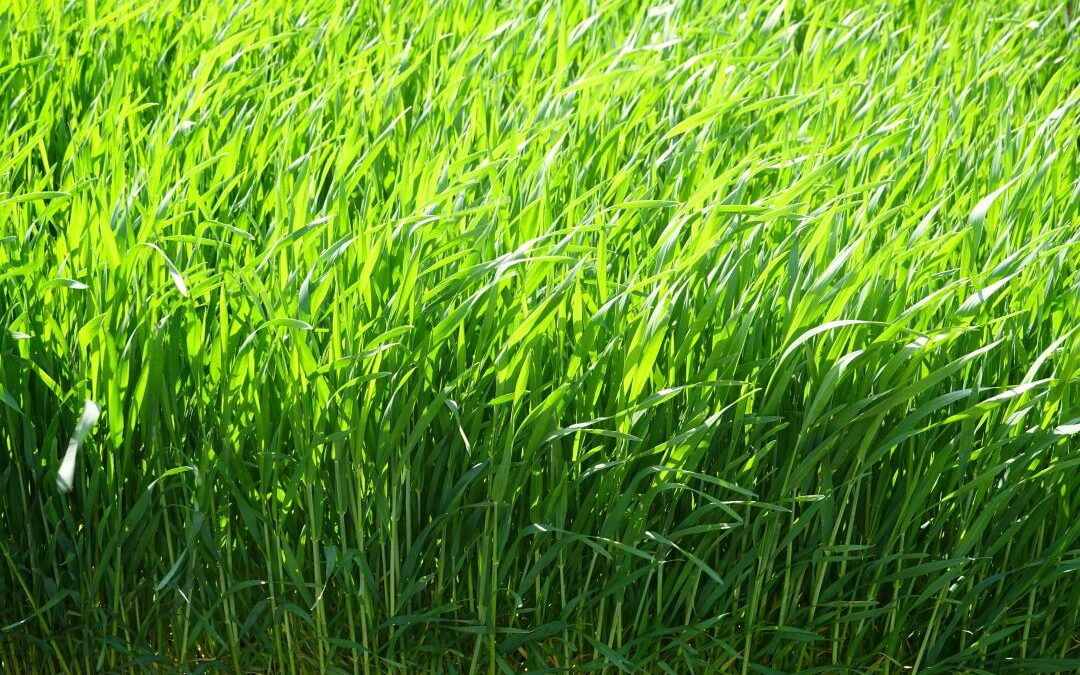
From the Coastal Plain to the Black Belt, Alabama cattle producers are utilizing forage systems to their advantage to meet the challenges of modern agriculture. Alabama...
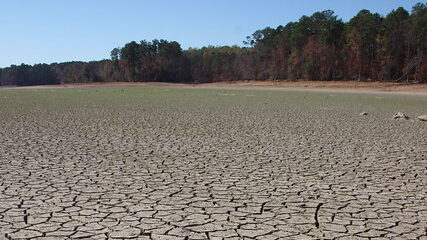
Alabama has been a stranger to the rain several times during the past few years. To prepare the state with more than just a forecast, the Alabama Drought Reach (ADR)...
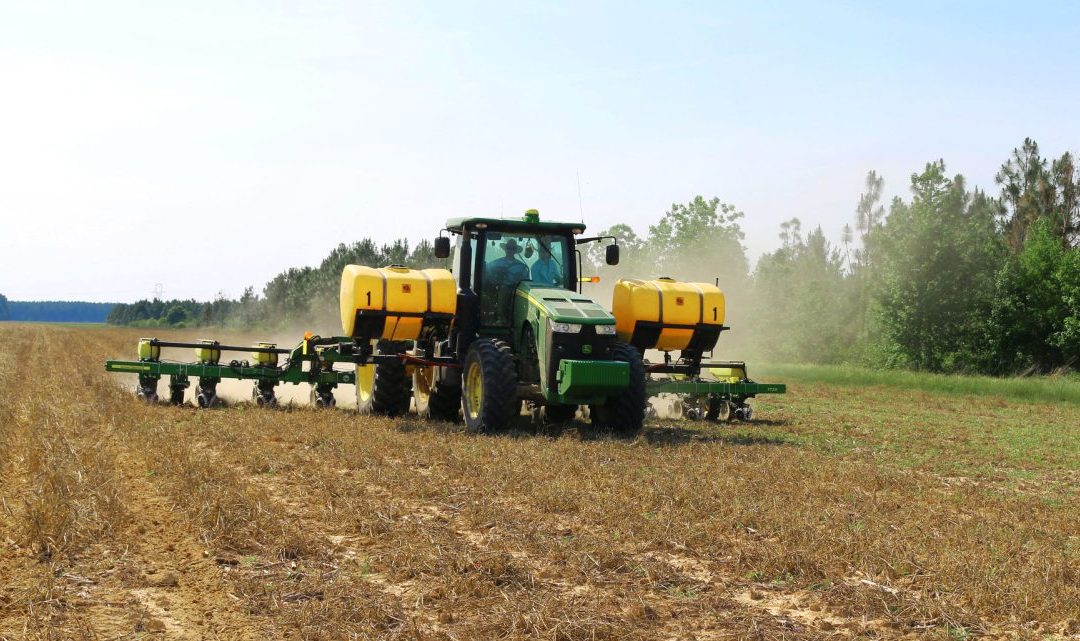
Is growing a cover crop on Alabama farms a solution or a problem for growers in the state who are trying to prevent soil and water erosion losses? A grant funded through the Alabama Agricultural Experiment Station research program for the current fiscal year will...
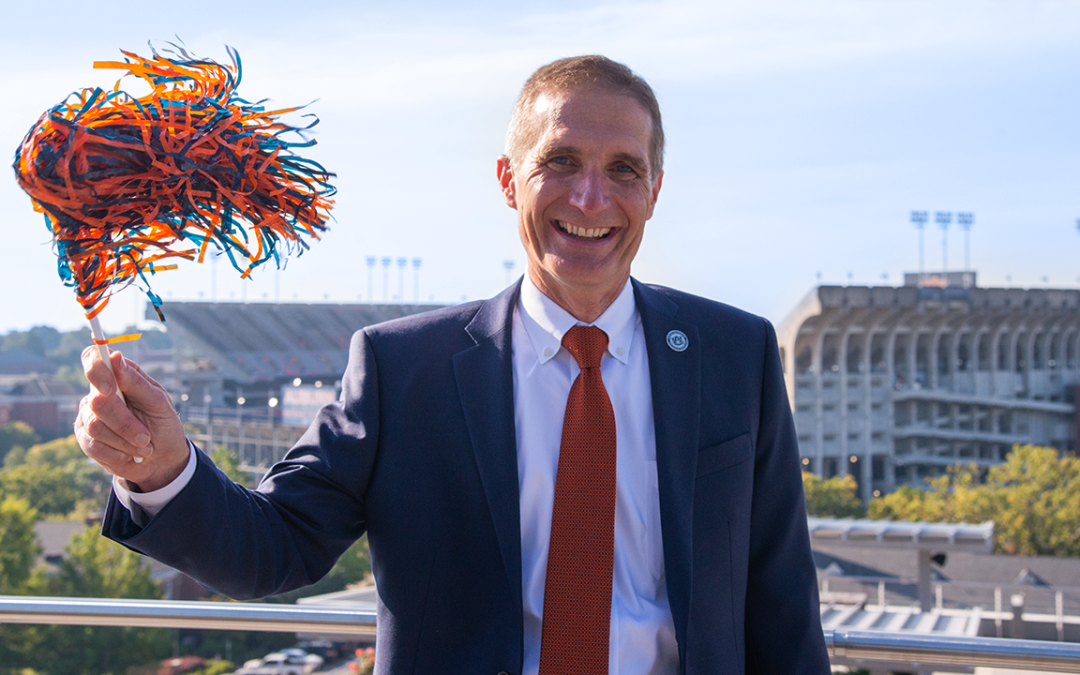
As 2024 draws to a close, Paul Patterson is stepping away from his roles as dean of the College of Agriculture and director of the Alabama Agricultural Experiment Station, effective Jan. 1. He led both to record numbers in the areas of teaching, research and outreach since he assume the positions in March 2016…
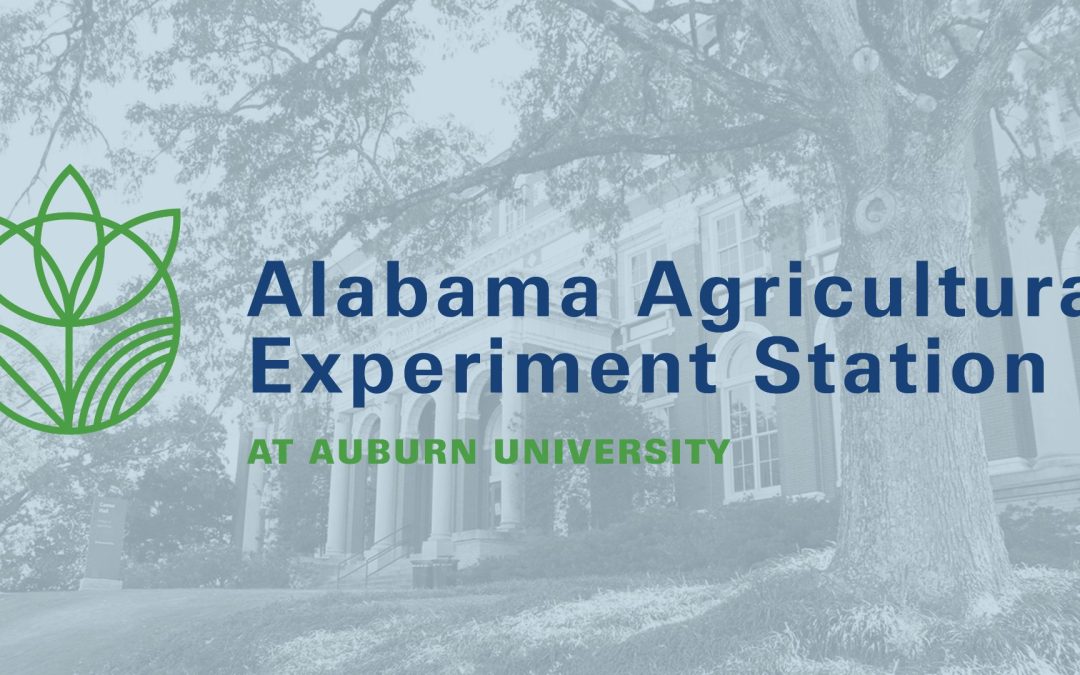
Research made possible by $300,000 USDA-NIFA grant The scale of pork production in the U. S. is such that reducing the average pig’s time on feed by just one day can put $76 million back into pork producers’ pockets. Animal scientists at Auburn University are...
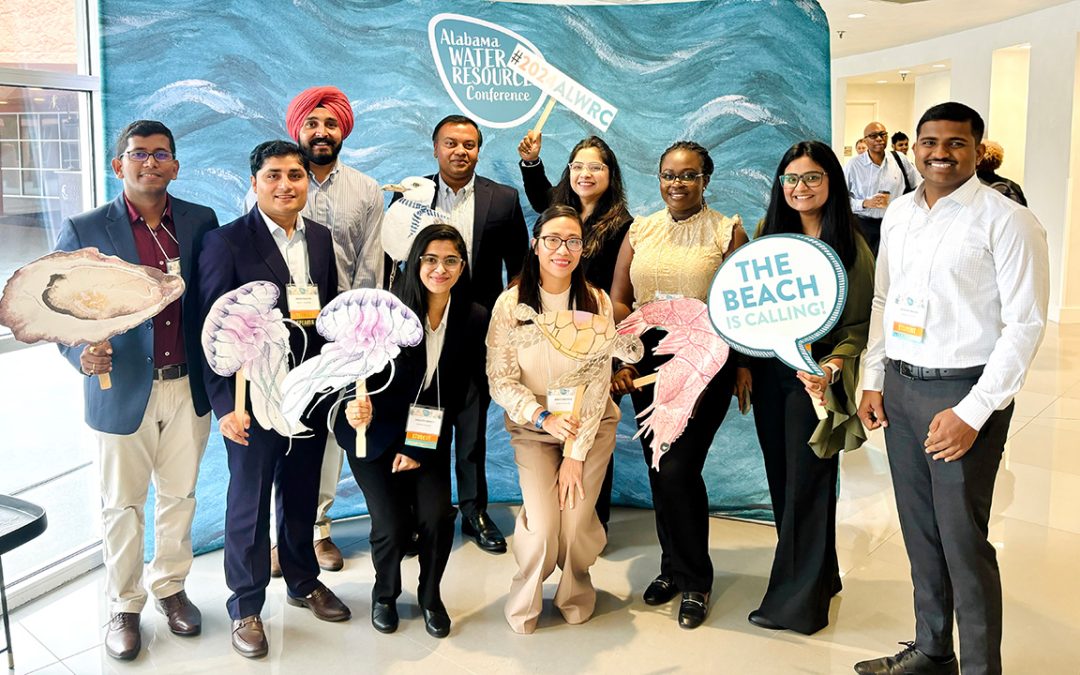
The Auburn University Water Resources Center welcomed a record 370 attendees to its annual Alabama Water Resources Conference in Orange Beach Sept. 4-6. The conference has been held since 1987. This year’s conference included eighty undergraduate and graduate students...
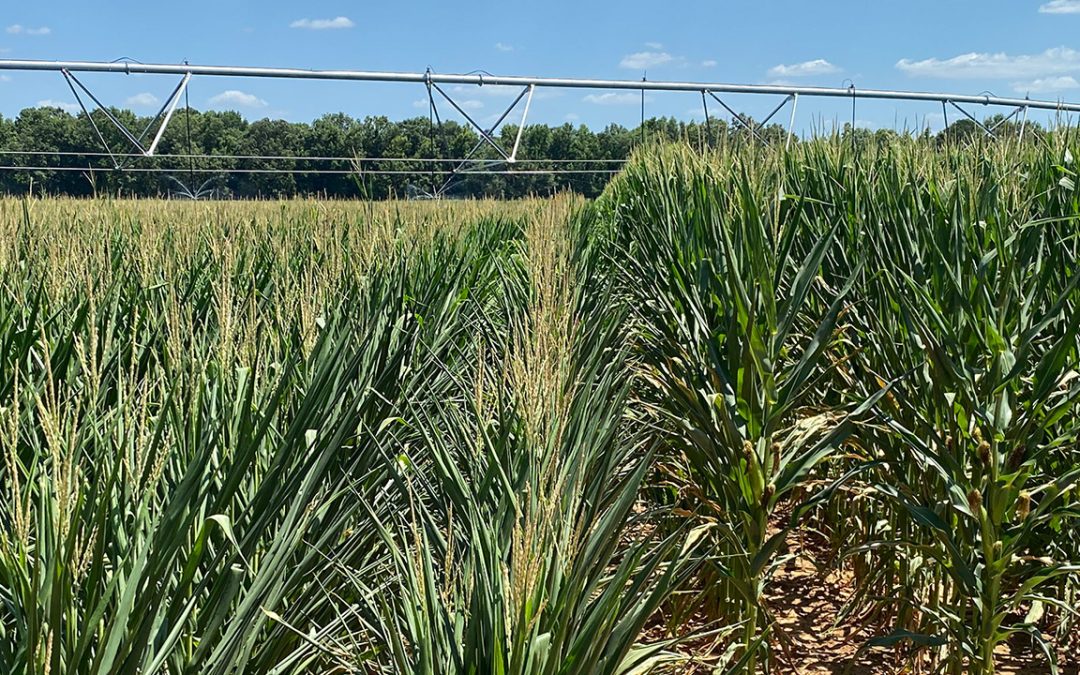
The line from the classic musical “Oklahoma” that refers to corn being “as high as an elephant’s eye” would not apply to some of the new hybrids becoming available to producers. Reduced-stature corn, also referred to as “short” corn, is a concept that has gained...
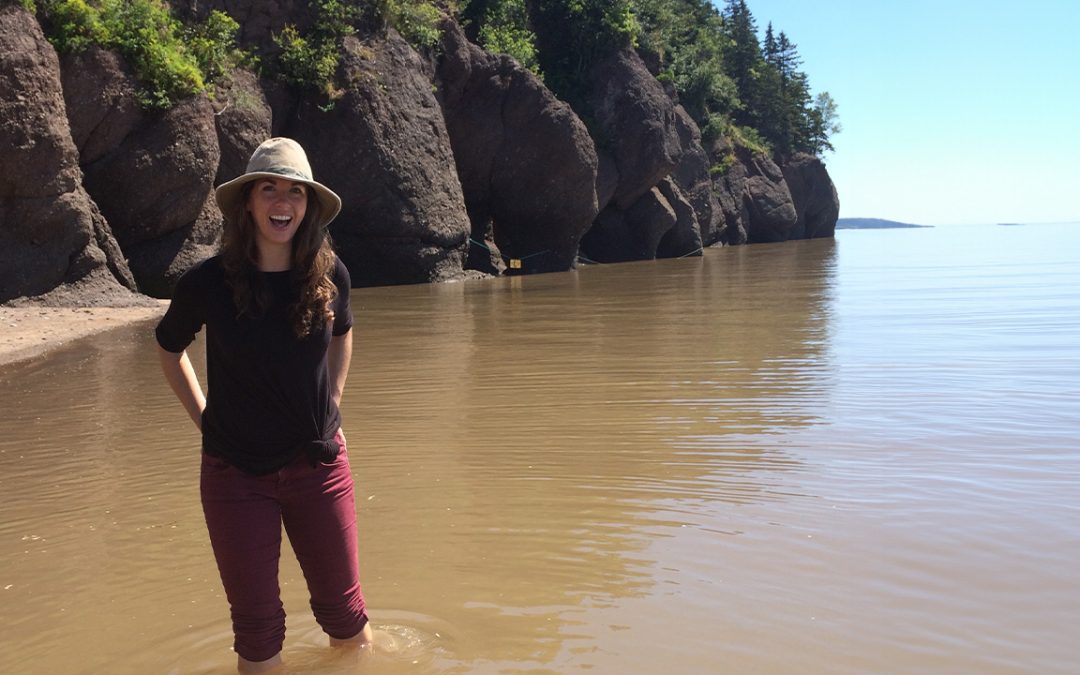
As a project manager with Auburn’s Water Resource Center, Cooley manages watershed restoration projects and educates communities on how to care for rivers, streams and creeks.
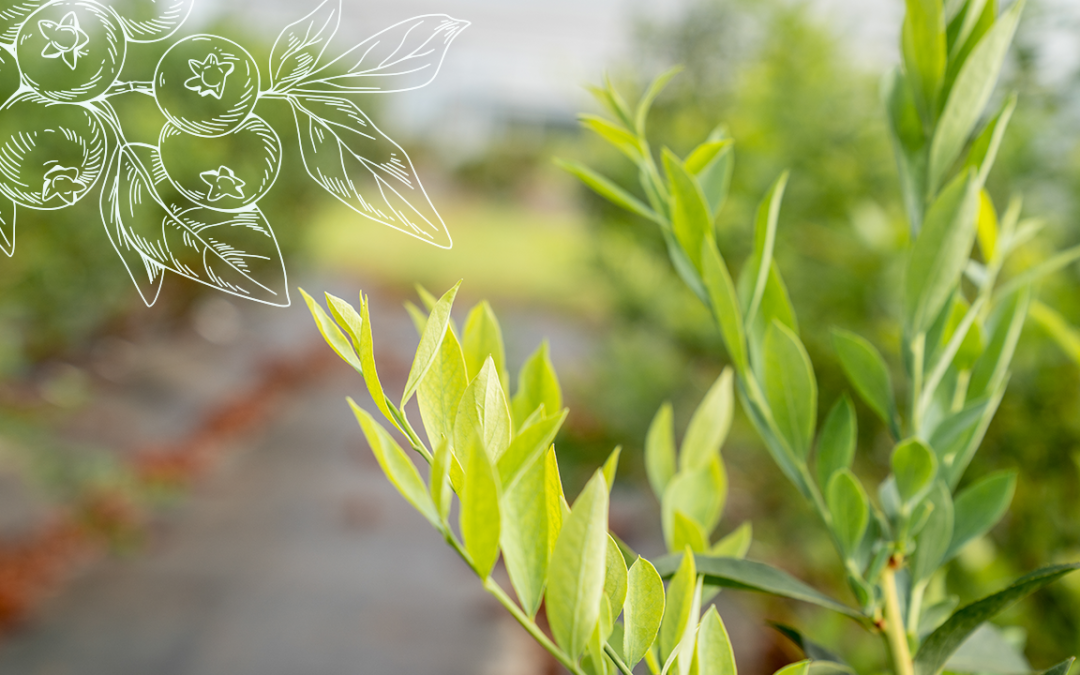
Blueberries, a superfood rich in antioxidants, vitamins, and essential nutrients, are widely celebrated during July for National Blueberry Month. Recognizing the potential within these small yet mighty fruits, researchers at Auburn University work to promote the positive health benefits of blueberries.
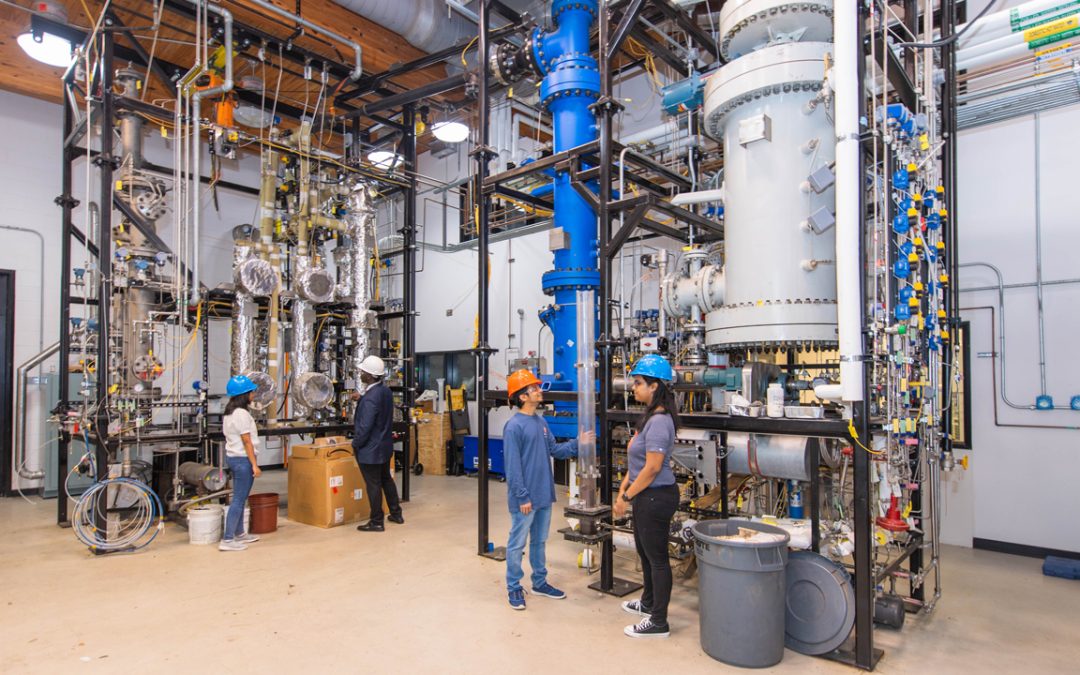
For researchers studying environmentally friendly farming practices, biochar is a game-changer.
Biochar, a charcoal-like substance created by heating plant waste, is a groundbreaking innovation in the field of sustainable farming. It is beneficial for improving soil quality, recycling organic plant material and capturing greenhouse gas emissions from the agricultural industry.
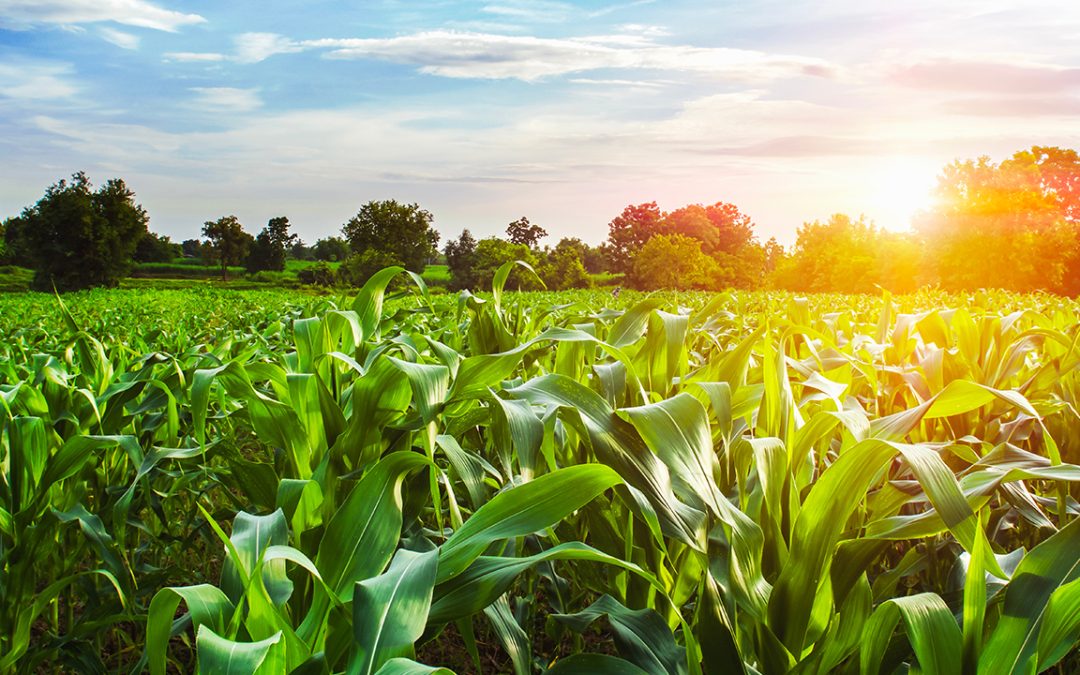
The Alabama Agricultural Experiment Station closed on a new 904-acre property in Autaugaville May 16. The $5.15 million purchase was…
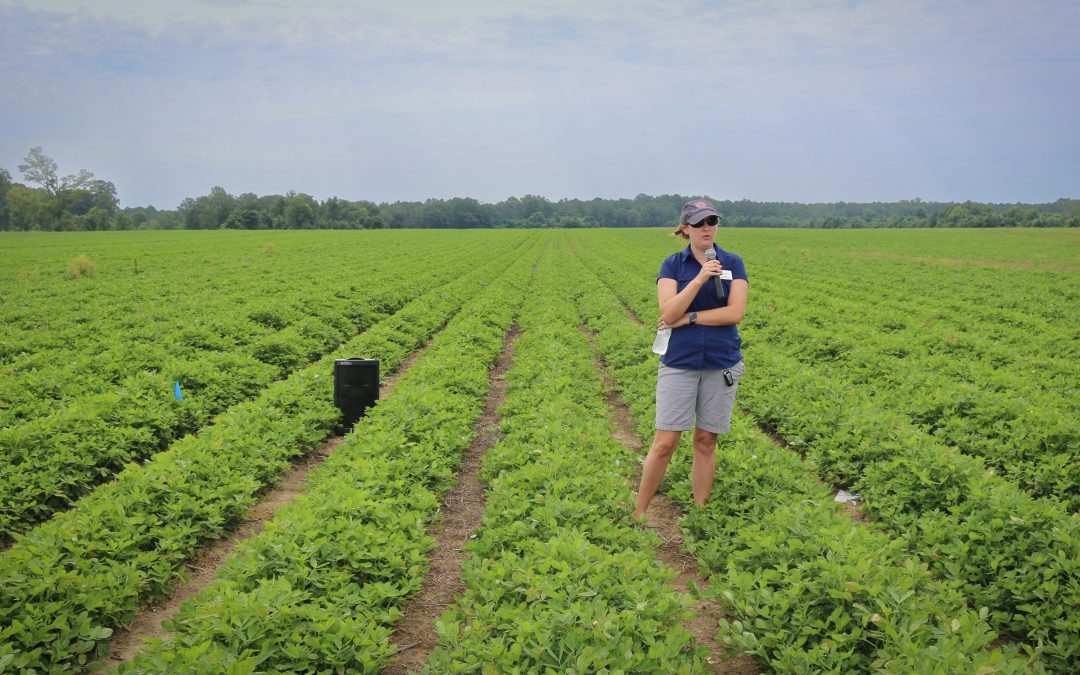
U.S. peanut producers have seen peaks and valleys in their yields over the years, prompting researchers at Auburn University to…

Opportunities available for research addressing water resources problems in Alabama The Alabama Water Resources Research Institute (AWRRI) invites faculty members and affiliates from any Alabama-based university or college to submit proposals for research addressing...

The National Oceanic and Atmospheric Administration awarded Auburn University’s Di Tian a two-year, $313,420 grant to develop improved long-term, high-resolution precipitation data over the United States. Tian is an associate professor in Auburn’s Department of Crop,...
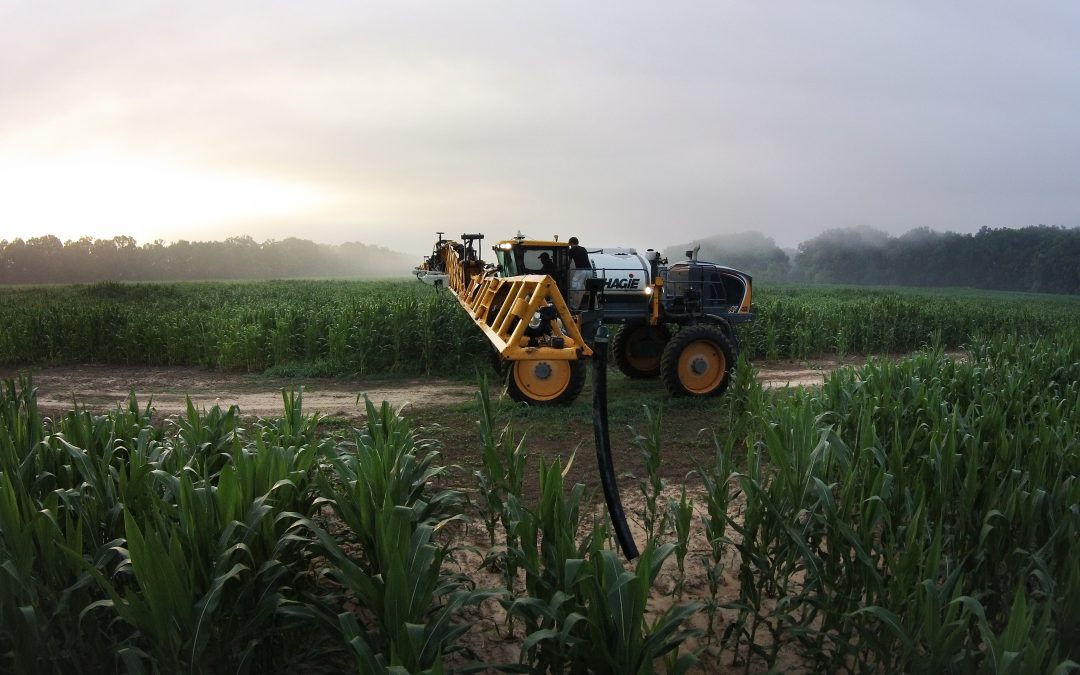
“Agricultural experiments will be carried on in connection with the college farm and garden to such an extent as may be necessary for the requirement of instruction, and the means at command.” -Alabama Agricultural and Mechanical College Catalog 1872-73 The founders...
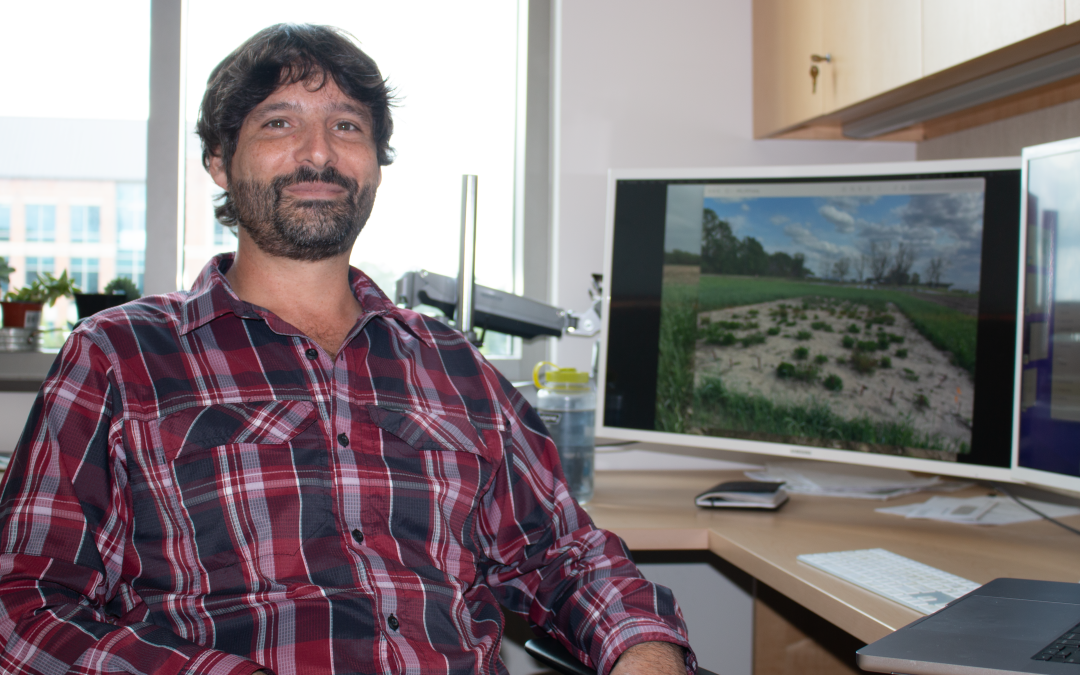
An Auburn University researcher’s project is part of a $16.2 million U.S. Department of Agriculture National Institute of Food and Agriculture (USDA-NIFA) effort to address breeding crops for the future. The Plant Breeding for Agricultural Production program area...
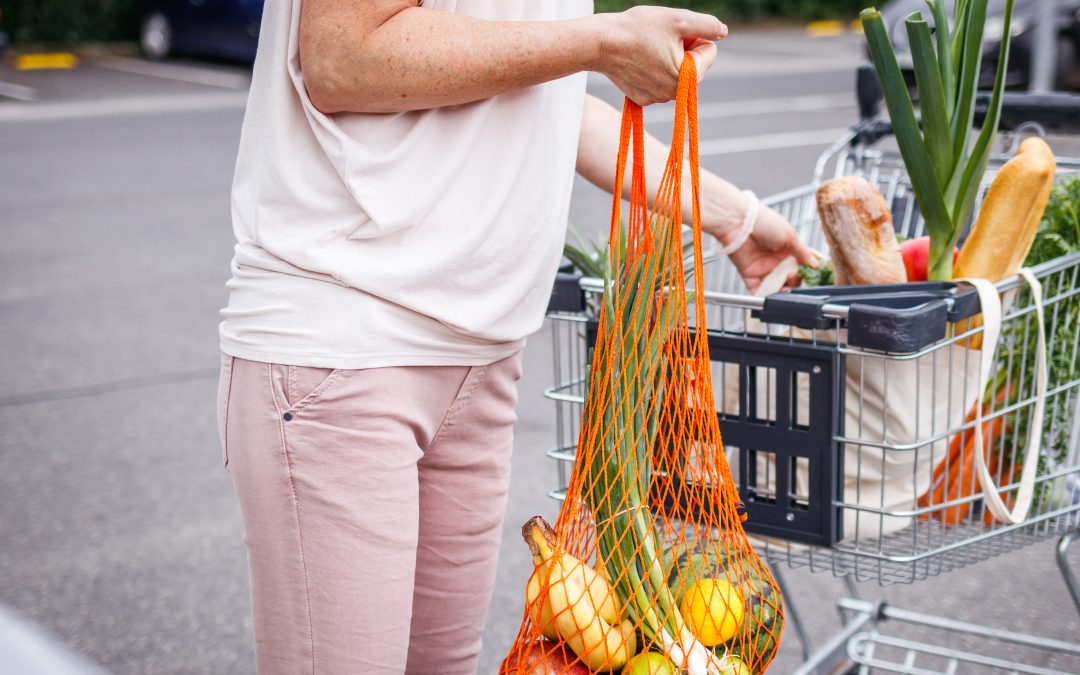
There’s lot of waste in this land of plenty, with an estimated 30% of the edible food produced annually in the U.S. being wasted. This amounts to more than 133 billion pounds and $160 billion worth of food, with a significant portion wasted at the consumer level. This...

The agriculture industry in the United States is one of the most vulnerable to climate change because of its reliance on favorable weather. Because of this, an Auburn University researcher is seeking to fill a need for rigorous, quantitative evidence of how cover...
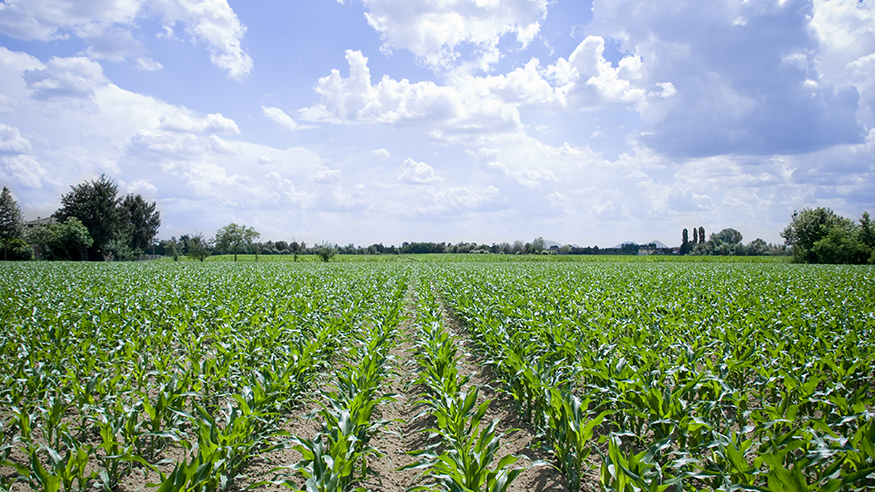
Vantage South will offer precision planter training March 3 from 9:30 a.m. to 2 p.m. at the E.V. Smith Research Center in Shorter. Lunch and drinks will be provided by Vantage South. Advance registration is required using the event’s online registration form. The day...
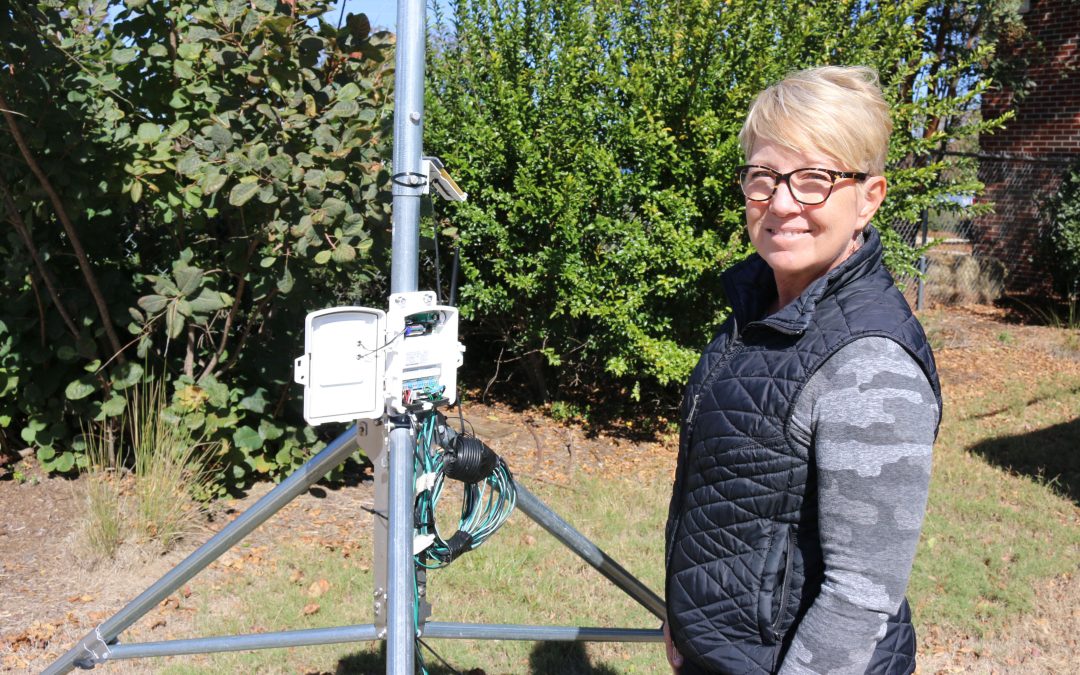
Even with the latest technology, predicting the weather can still be a guessing game at best. But with a new system recently launched by the Alabama Agricultural Experiment Station (AAES) at Auburn University, stakeholders can at least know the history of weather in...
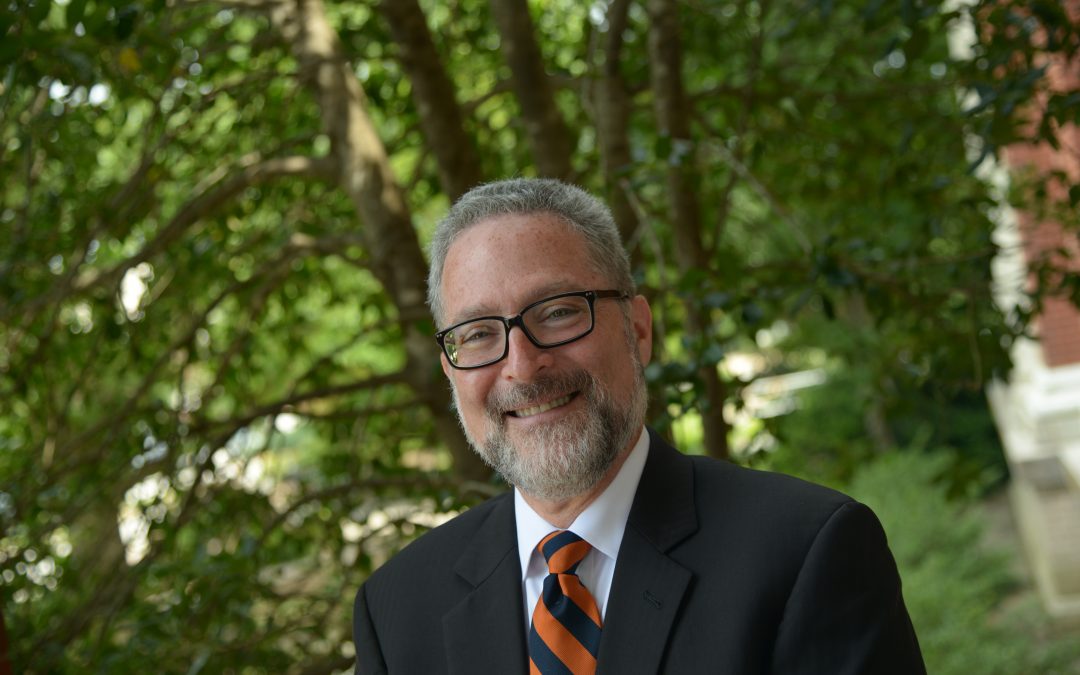
Arthur Appel, Faculty Endowed Professor of entomology, has been named the Auburn University College of Agriculture’s interim associate dean for research and interim associate director of the Alabama Agricultural Experiment Station, effective June 1. In his interim...
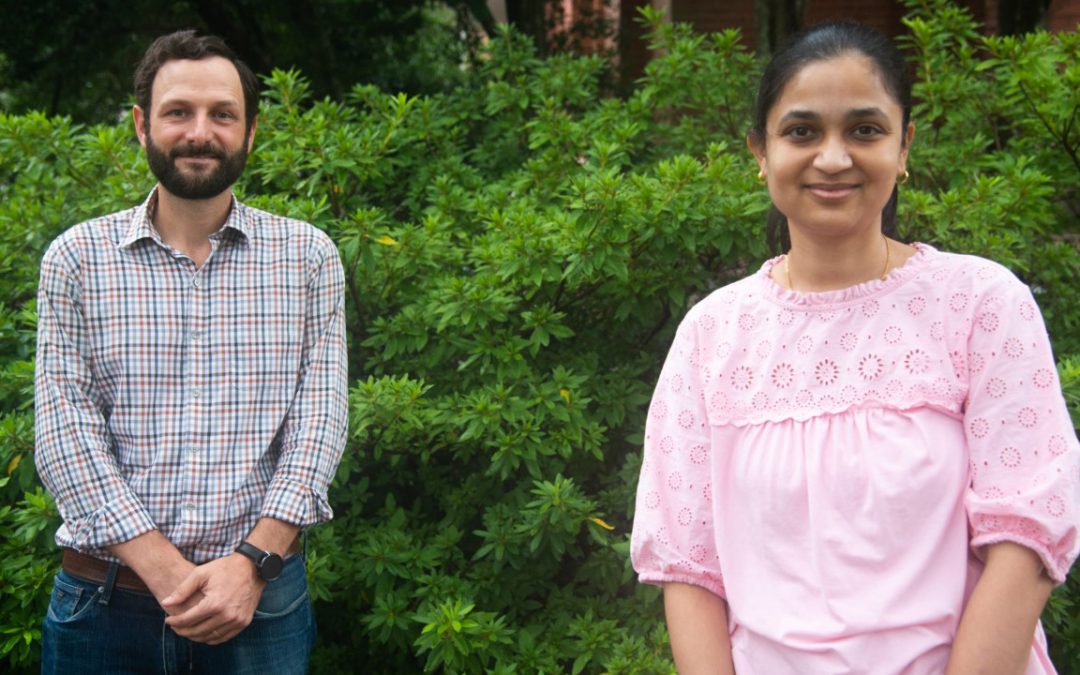
Two Auburn University College of Agriculture researchers received the Foundation for Food and Agriculture Research (FFAR) 2019 New Innovator Award.
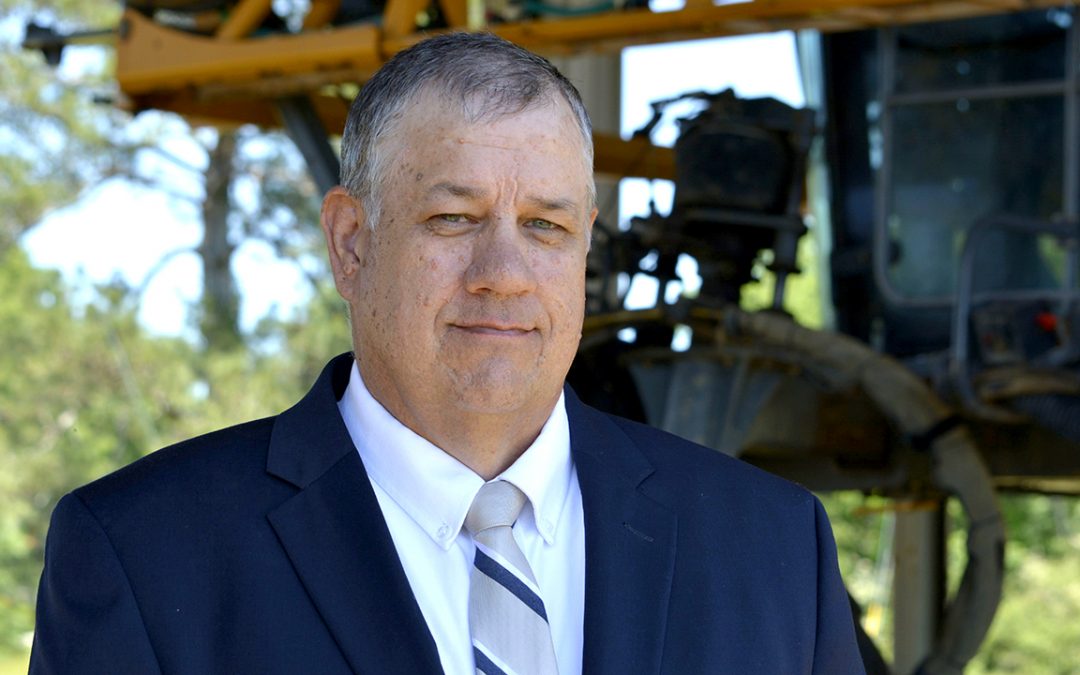
Greg Pate was named the Alabama Agricultural Experiment Station’s director of research operations for outlying units effective Monday, June 1.

Is growing a cover crop on Alabama farms a solution or a problem for growers in the state who are trying to prevent soil and water erosion losses? A grant funded through the Alabama Agricultural Experiment Station research program for the current fiscal year will...

As 2024 draws to a close, Paul Patterson is stepping away from his roles as dean of the College of Agriculture and director of the Alabama Agricultural Experiment Station, effective Jan. 1. He led both to record numbers in the areas of teaching, research and outreach since he assume the positions in March 2016…

Research made possible by $300,000 USDA-NIFA grant The scale of pork production in the U. S. is such that reducing the average pig’s time on feed by just one day can put $76 million back into pork producers’ pockets. Animal scientists at Auburn University are...

The Auburn University Water Resources Center welcomed a record 370 attendees to its annual Alabama Water Resources Conference in Orange Beach Sept. 4-6. The conference has been held since 1987. This year’s conference included eighty undergraduate and graduate students...

The line from the classic musical “Oklahoma” that refers to corn being “as high as an elephant’s eye” would not apply to some of the new hybrids becoming available to producers. Reduced-stature corn, also referred to as “short” corn, is a concept that has gained...

As a project manager with Auburn’s Water Resource Center, Cooley manages watershed restoration projects and educates communities on how to care for rivers, streams and creeks.

Blueberries, a superfood rich in antioxidants, vitamins, and essential nutrients, are widely celebrated during July for National Blueberry Month. Recognizing the potential within these small yet mighty fruits, researchers at Auburn University work to promote the positive health benefits of blueberries.

For researchers studying environmentally friendly farming practices, biochar is a game-changer.
Biochar, a charcoal-like substance created by heating plant waste, is a groundbreaking innovation in the field of sustainable farming. It is beneficial for improving soil quality, recycling organic plant material and capturing greenhouse gas emissions from the agricultural industry.

The Alabama Agricultural Experiment Station closed on a new 904-acre property in Autaugaville May 16. The $5.15 million purchase was…

U.S. peanut producers have seen peaks and valleys in their yields over the years, prompting researchers at Auburn University to…

Opportunities available for research addressing water resources problems in Alabama The Alabama Water Resources Research Institute (AWRRI) invites faculty members and affiliates from any Alabama-based university or college to submit proposals for research addressing...

The National Oceanic and Atmospheric Administration awarded Auburn University’s Di Tian a two-year, $313,420 grant to develop improved long-term, high-resolution precipitation data over the United States. Tian is an associate professor in Auburn’s Department of Crop,...

“Agricultural experiments will be carried on in connection with the college farm and garden to such an extent as may be necessary for the requirement of instruction, and the means at command.” -Alabama Agricultural and Mechanical College Catalog 1872-73 The founders...

An Auburn University researcher’s project is part of a $16.2 million U.S. Department of Agriculture National Institute of Food and Agriculture (USDA-NIFA) effort to address breeding crops for the future. The Plant Breeding for Agricultural Production program area...

There’s lot of waste in this land of plenty, with an estimated 30% of the edible food produced annually in the U.S. being wasted. This amounts to more than 133 billion pounds and $160 billion worth of food, with a significant portion wasted at the consumer level. This...

The agriculture industry in the United States is one of the most vulnerable to climate change because of its reliance on favorable weather. Because of this, an Auburn University researcher is seeking to fill a need for rigorous, quantitative evidence of how cover...

Vantage South will offer precision planter training March 3 from 9:30 a.m. to 2 p.m. at the E.V. Smith Research Center in Shorter. Lunch and drinks will be provided by Vantage South. Advance registration is required using the event’s online registration form. The day...

Even with the latest technology, predicting the weather can still be a guessing game at best. But with a new system recently launched by the Alabama Agricultural Experiment Station (AAES) at Auburn University, stakeholders can at least know the history of weather in...

Arthur Appel, Faculty Endowed Professor of entomology, has been named the Auburn University College of Agriculture’s interim associate dean for research and interim associate director of the Alabama Agricultural Experiment Station, effective June 1. In his interim...

Two Auburn University College of Agriculture researchers received the Foundation for Food and Agriculture Research (FFAR) 2019 New Innovator Award.

Greg Pate was named the Alabama Agricultural Experiment Station’s director of research operations for outlying units effective Monday, June 1.